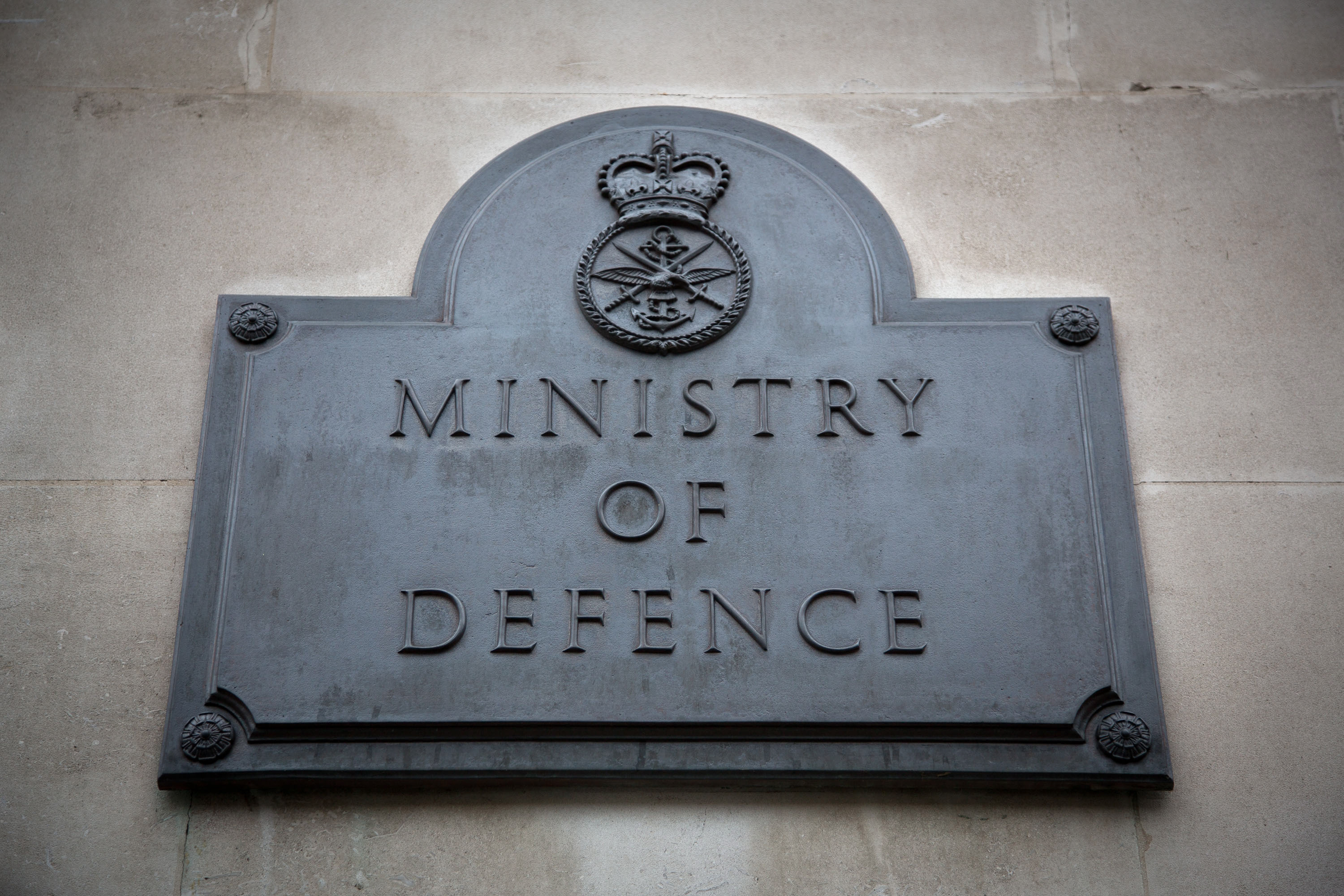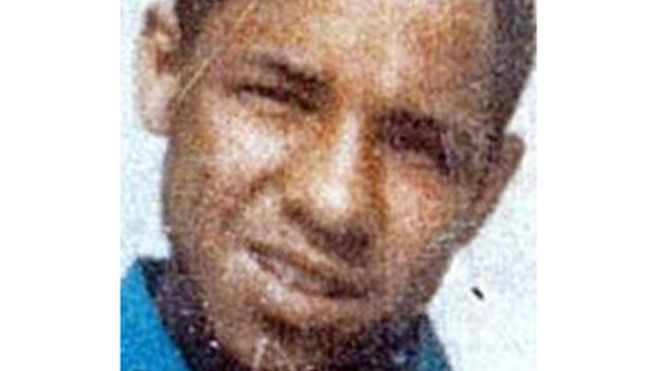A judge has condemned the “manifest failure” of British soldiers after they forced a 15-year-old boy into a canal and left him to drown. The investigation was made possible because of the UK’s duties under human rights laws.
Led by former High Court judge Sir George Newman, the report by the Iraq Fatalities Investigation found that Ahmed Jabbar Kareem Ali drowned after being forced to enter a canal, shortly after British forces took control of the city in April 2003.
Ahmed was suspected of involvement in looting in Basra along with Ayad Salim Hanoon, who claimed that they and two others were forced into the canal “at gunpoint”.
According to Sir George’s report,
[Ahmed’s] death ensued because he was forced by the soldiers to enter the canal, where, in the presence of the soldiers, he was seen to be in difficulty, and to go under the water… Notwithstanding the unlawful treatment involved in getting him into the water, his death could have been avoided because he could and should have been rescued after it became clear that he was floundering.
A Ministry of Defence spokesman said that it was “extremely sorry”, and would “use Sir George’s findings to help ensure nothing like this happens again.”

How Human Rights Laws Made This Investigation Possible
The issue of how Human Rights Law should apply to British troops abroad is hotly contested. Michael Fallon, the Secretary of State for Defence, has previously criticised “ambulance-chasing British law firms” for bringing numerous human rights cases against soldiers for their conduct overseas.
However, the European Convention on Human Rights (ECHR) and the Human Rights Act 1998, which made the ECHR part of British law, has been used to expose serious abuses of human rights by British forces in Iraq in particular. For example, the 2004 Al-Jedda case concerned a man who was imprisoned for three years without any criminal charge being brought against him. A major inquiry prompted by the UK’s duties under human rights laws found in 2011 that a hotel worker, Baha Mousa, had been tortured and unlawfully killed by British troops in 2003.
 False claims have also been made about British troops, most notoriously those exposed by the 2014 Al-Sweady Inquiry. The Inquiry found that the main allegations of torture and murder were “deliberate and calculated lies”.
False claims have also been made about British troops, most notoriously those exposed by the 2014 Al-Sweady Inquiry. The Inquiry found that the main allegations of torture and murder were “deliberate and calculated lies”.
The Iraq Fatalities Investigation was set up because under Article 1 of the ECHR the UK has a duty to extend human rights to anyone “within its jurisdiction”. This has usually been interpreted to apply only to people within the UK’s borders. However, in the 2011 case of Al-Skeini the European Court of Human Rights extended this duty to include scenarios when British troops abroad are exercising “effective control over an area”.
There are no criminal prosecutions being pursued against the soldiers involved in Ahmed’s death. A High Court decision in 2013 ruled that an inquiry was still necessary to find out the truth of what happened, in the interests of the victim’s family. The Iraq Fatalities Investigation was set up in response to this ruling, and will release the second half of its report at a later date.







